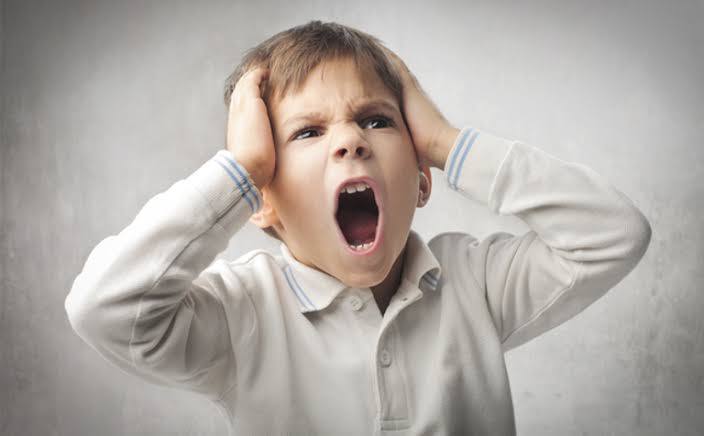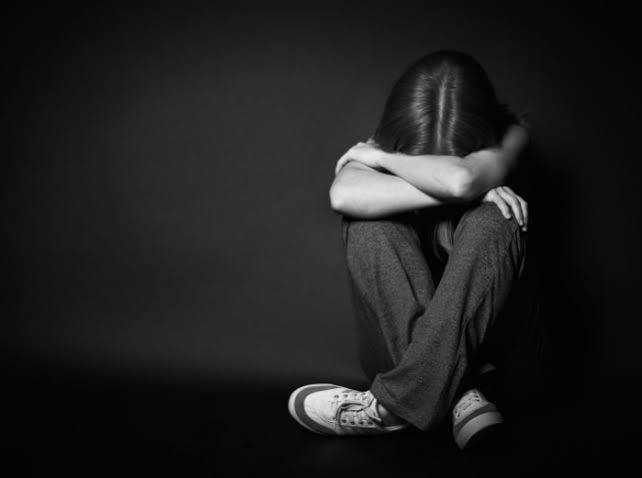Mental Health in Children and Adolescents
Mental health in children and adolescents is the foundation for building healthy and balanced personalities. It greatly affects their growth, relationships, and academic and social performance. In this article, we will discuss different aspects of mental health in children and adolescents, starting with defining common mental illnesses, going through their causes and symptoms, and ending with methods of diagnosis and treatment.
What is mental health?
Mental health is a state of well-being that allows individuals to realize their potential, adapt to the stresses of daily life, and contribute positively to their community. For children and adolescents, mental health includes their ability to learn, build relationships, and express their feelings in a healthy way.
Common mental illnesses in children and adolescents
There are many mental illnesses that may affect children and adolescents, including:
Attention deficit hyperactivity disorder (ADHD): characterized by difficulty concentrating, hyperactivity, and impulsivity.
Anxiety disorders: such as generalized anxiety, phobia, and obsessive-compulsive disorder.
Depression: includes feeling extremely sad, loss of interest, and changes in weight and sleep.
Autism spectrum disorder: affects social communication and interactions, and causes restricted interests and repetitive behaviours.
Eating disorders: such as anorexia and bulimia.
Bipolar mood disorders: characterized by severe mood swings between episodes of depression and mania.
Causes of mental illness in children and adolescents
The exact causes of mental illness are not fully known, but there are several factors that may contribute to their emergence, such as:
Genetic factors: Genes play an important role in some mental disorders.
Environmental factors: such as stress, trauma, and abuse.
Chemical changes in the brain: may affect mood and behavior.
Symptoms of mental illness in children and adolescents
Symptoms of mental illness vary by gender and age, but some common symptoms include:
Changes in mood: such as extreme sadness, anger, or persistent anxiety.
Changes in behavior: such as social isolation, aggression, or risky behaviors.
Changes in academic performance: such as difficulty concentrating or low academic achievement.
Changes in sleeping and eating habits: such as insomnia, loss of appetite, or overeating.
Physical complaints: such as headaches and stomach pains.
Diagnosis of mental illnesses in children and adolescents
Mental illnesses in children and adolescents are diagnosed through:
Clinical interview: where a psychiatrist or mental health professional interviews the child or adolescent and his family to gather information about symptoms and medical history.
Psychological tests: such as intelligence, personality, and abilities tests.
Medical evaluation: to rule out any medical causes for the symptoms.
Treatment of mental illnesses in children and adolescents
There are many effective treatments for mental illnesses in children and adolescents, which may include:
Psychotherapy: such as cognitive behavioral therapy, which helps change negative thoughts and behaviors.
Pharmacological treatment: The doctor may prescribe some medications to help the child control his symptoms.
Family therapy: helps improve communication and interaction between family members.
School interventions: to provide academic and social support for the child.
Preventing mental illness in children and adolescents
Many mental illnesses can be prevented by:
Providing a safe and loving environment: where the child feels supported and protected.
Enhancing communication skills: to help the child express his feelings.
Encouraging physical activity: to improve mood and reduce stress.
Providing proper nutrition: to maintain a healthy body and mind.
Providing opportunities for learning and growth: to support self-confidence and self-esteem.
When to seek help?
If you notice any worrying changes in your child or adolescent’s behavior, consult a doctor or mental health professional. The earlier the problem is detected and treated, the better the results.
Note: This article is intended to provide general information and does not replace consultation with a doctor or mental health professional.
Mental health in children and adolescents is an important issue that deserves attention. By understanding the causes and symptoms of mental illness, we can provide the necessary support for children and adolescents to help them grow and develop in a healthy and sound manner.
Do you have any other questions about the health of children and adolescents?
Important note: The information contained in this article is for informational purposes only and should not be used as a substitute for professional medical advice. If you have any concerns about your child's health, please consult a doctor or mental health professional.










